Max Verstappen says the heavier current generation of Formula 1 cars are to blame for an uneventful Azerbaijan Grand Prix.
New regulations were introduced last year intended to improve the ability for cars to follow each other better and therefore increase overtaking opportunities.
While the technical rules largely achieved the desired impact in 2022, both the Bahrain and Saudi Arabian Grands Prix for this season delivered a decrease in overtaking numbers from 12 months ago and Sunday’s Baku race only witnessed 13 on-track passes.
While the shortening of the DRS zone on the start-finish straight by 100m contributed to the poor spectacle, Verstappen has underlined how the more cumbersome cars in the new era are responsible for drivers being unable to follow closely.
The move to ground effect aerodynamics, along with bigger wheels and wheel covers, resulted in the minimum weight limit rising from 752kg in 2021 to 798kg in 2022, making the current formula of cars the heaviest in F1 history.
“I think the more downforce we generate – and that, of course, will always be every year – if you keep the rules the same it will be harder to pass,” he explained.
“And I think also, because of the weight of the cars we have nowadays, because they’re quite heavy, in the low speed it’s a bit harder to follow because as soon as you have a tiny moment with that weight, it becomes a bigger slide, it’s harder on the tyres so you overheat the tyres more.
The reigning double World Champion has also emphasised how the current machines have to be run considerably stiffer compared to when he debuted in 2015.
“And also with these new type of cars, you have to run them super stiff whereas I remember like 2015 or ‘16, you could do it sometimes a few different lines, you could run a kerb because the cars were quite – well, not soft – but it’s still a lot softer than what we run now,” he expanded.
“And you could do a few different kinds of techniques and lines but that is really, really hard nowadays because the cars just don’t allow it.”

Verstappen’s Red Bull team-mate Sergio Perez agrees that the increase in downforce the teams collectively found between the first and second year of the current regulations has had a profound impact on the ease of following behind another car.
The Baku race winner further asserts it was wrong to adjust the length of the first DRS zone at the Baku City Circuit based solely on the findings from last year’s race.
“I feel this year certainly has become a little bit harder, because they say that they’re collecting the data from last year,” Perez added.
“But somehow, I feel these cars are generating a bit more downforce and by generating that little more downforce, the car behind struggles a little bit more to follow.
“So in my opinion, it wasn’t the right thing to shorten up the DRS, because it’s getting harder to overtake than last year already in itself so it’s something we should review.”
The Ferrari pairing has previously voiced concern over the increased dirty air emanating from the 2023 cars, while Lewis Hamilton determined the new regulations have failed to deliver what was promised.



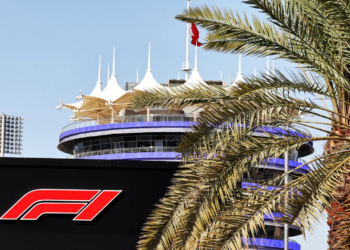
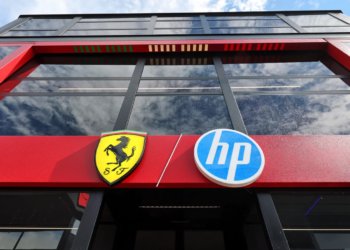
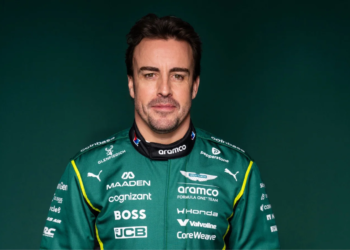
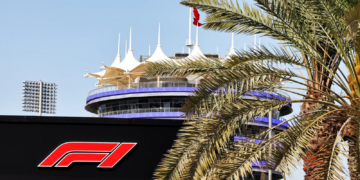
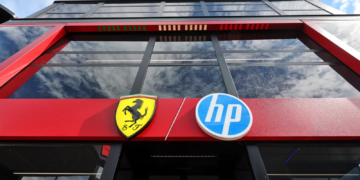

Discussion about this post